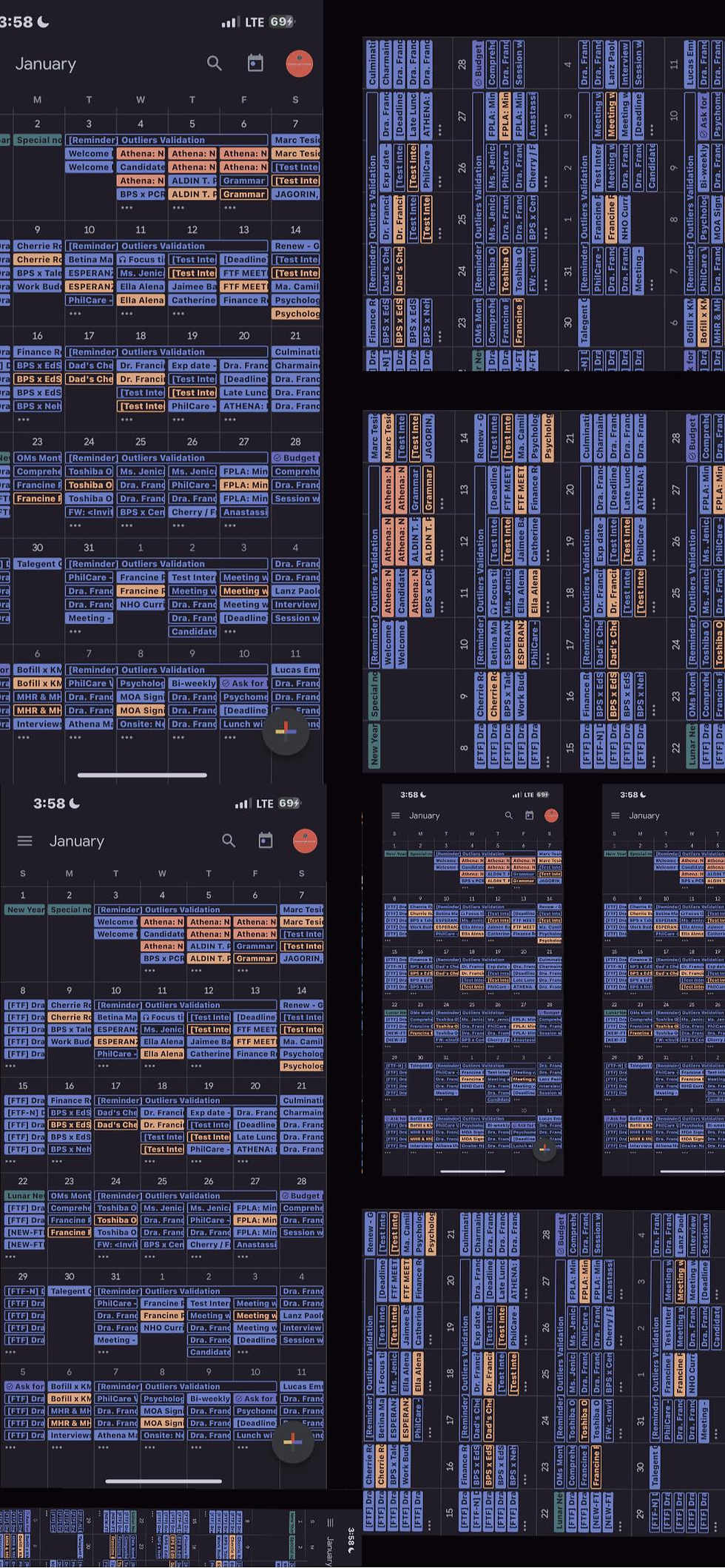“Frontliners mental health during COVID-19”
- Alynna Mariz G. Salvacion
- Sep 13, 2022
- 3 min read

Stigma usually occurs along with the onset of an outbreak and it is commonly seen in a group of people associated with treating patients. Since the onset of the COVID-19 outbreak, there have been reports of several discrimination acts toward medical front liners who worked double during this pandemic and yet, get stigmatized and discriminated against not only in their workplace but also in their surroundings. This misconception towards them becomes at large because of their high exposure to covid patients and significantly affects their mental health.
Reports worldwide have shown increased stigmatization, threats, and discrimination toward medical frontliners, and even their families receive “secondary” stigma (Ransing et al. 2020). They experience getting refused housing or apartment, and social discrimination where people would throw unnecessary things at them and treat them as if they carry the virus. People would also gossip and use improper words toward them. It has also been noticed that associated discrimination toward medical front liners is more evident among those who belong in a hospital who holds quarantine for positive and possible covid patients and those who have inadequate COVID-19-related training (Mostafa et al. 2020; Teksin et al. 2020). Because of these very evident factors affecting one’s mental health, the medical frontline experiences emotional fatigue, burnout, depression, and stress-related disorders. They are deprived of proper protective measures for their physical and emotional health thus contributing to an increase in the development of psychological problems among medical frontliners (Gupta et al. 2020). Different factors such as socio-economic, biological factors, and psychological vulnerability could affect at different levels the mental health of a person, but the situation of frontliners where their mental health is being neglected and overlooked is very alarming and must receive proper attention and interventions. In addition, poorer mental health and increased intention of professional turnover are high among medical front liners who experienced greater levels of discrimination. But perceived resilience is seen to outline negative effects on mental health medical frontlines creating a more sustainable environment for them (Labrugue et al. 2021).
It is indeed true that the situation of medical workers has worsened because of the present global health crisis. People around the world are forced into a situation that is out of their routine and medical frontliners face struggles not only work-related but also within themselves. For frontliners who save lives every day, it is fulfilling to see smiles on people’s faces after recovering but whenever they find themselves alone and with no hands to hold on to, the fear for their own lives and their families hits harder. Moreover, medical frontliners during the COVID-19 pandemic wish to receive stronger support from the government and its people as well as a faster response to eliminate and fight the pandemic.
Reference:
Biana, H. T., & Joaquin, J. J. B. (2020). COVID-19: The need to heed distress calls of healthcare workers. Journal of Public Health, 42(4), 853–854. https://doi.org/10.1093/pubmed/fdaa145
Campo-Arias, A., Jiménez-Villamizar, M. P., & Caballero-Domínguez, C. C. (2021). Healthcare workers’ distress and perceived discrimination related to COVID-19 in Colombia. Nursing and Health Sciences. https://doi.org/10.1111/nhs.12854
Corpuz, J. C. G. (2021). “We are not the virus”: stigmatization and discrimination against frontline health workers. Journal of Public Health, 43(2), e327–e328. https://doi.org/10.1093/pubmed/fdab031
Gupta, S., & Sahoo, S. (2020). Pandemic and mental health of the front-line healthcare workers: a review and implications in the Indian context amidst COVID-19. General Psychiatry, 33(5), e100284. https://doi.org/10.1136/gpsych-2020-100284
Labrague, L. J., de Los Santos, J. A. A., & Fronda, D. C. (2021). Perceived COVID-19-associated discrimination, mental health and professional turnover intention among frontline clinical nurses: The mediating role of resilience. International Journal of Mental Health Nursing. https://doi.org/10.1111/inm.12920
Ransing, R., Ramalho, R., de Filippis, R., Isioma Ojeahere, M., Karaliuniene, R., Orsolini, L., … Adiukwu (FA), F. (2020). Infectious Disease Outbreak Related Stigma and Discrimination during the COVID-19 Pandemic: Drivers, Facilitators, Manifestations, and Outcomes across the World. Brain, Behavior, and Immunity. doi:10.1016/j.bbi.2020.07.033




Comments